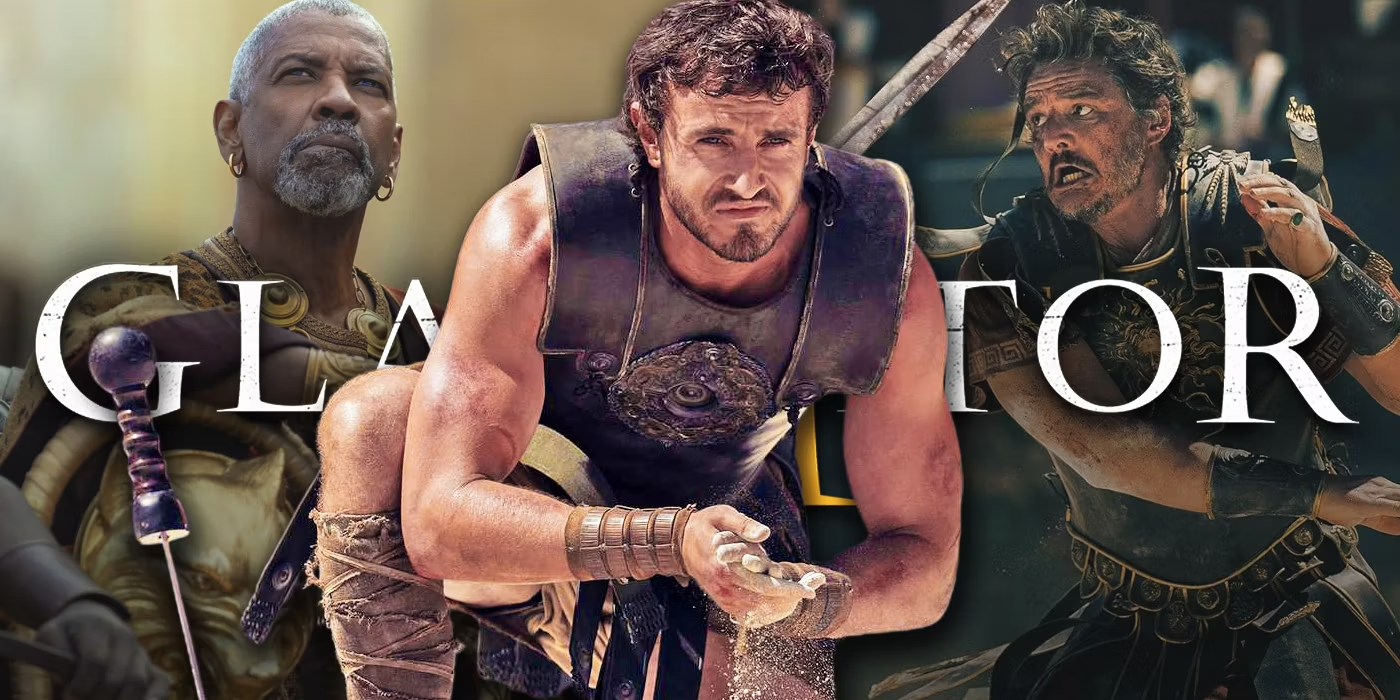
With the launch of Gladiator II this week (one of my fave films of all time was the first one), did the Roman Empire end because of the failure of the economy and, specifically, the monetary supply? Some would say yes. In fact, some would say the fall of the Roman Empire was due to monetary policies, as two key events killed the Empire: a credit collapse and hyperinflation.
The first was under the Emperor Tiberius, who ruled the Empire between 14 and 37 AD/CE. Tiberius was getting angry that his senators, generals and other wealthy citizens were buying homes overseas to avoid taxes and so created a law that all of their wealth had to be registered in Italy, a law previously introduced by Julius Caeser years earlier, but largely ignored.
Result?
Defaults on property loans with the Roman banks; to protect themselves, banks began calling in their loans; when debtors could not meet the demands of their creditors, they were forced to sell their properties; prices of real estate and other goods collapsed; since there were so few buyers a full scale panic followed leading to a rush on the bankers by the people; bank collapses; spiralling debt exposure; a loss of credit. Darn.
Sound familiar?
You can read more about this here if you’re a money nerd or here if you prefer plain English.
How did Tiberius solve the crisis?
Well, he issued a huge amount of cash to the banks to support getting credit back into the community and stem the collapse of banks and access to cash.
Sound familiar?
With the panic gaining pressure over the next few days, Tiberius sent a letter to Rome’s Treasury telling them to take 100 million sesterces* and distribute them to reliable bankers to be loaned to the neediest debtors. The 100 million sesterces was equivalent to around $2 billion.
Yep, he did some Quantitative Easing. Times don’t change as it solved the issue (kind of goes back to my story of the village the other day). More on this solution here.
The second great financial crisis in the Roman Empire came two centuries later, and was caused by a mixture of factors: foreign invasions, civil wars and economic disintegration.
Because of the wars and invasions, the leaders of the Empire had to create more tax and also, unfortunately, debase their currencies. Instead of coins being made of silver and gold, they reduced the currencies to bronze and copper. Because of the worthless value of the Empire’s money, the result was a runaway rise in prices or, as you and I know it, hyperinflation. This led to a collapse of the trade network.
You may not know it, but there was a huge network of trade across Europe, Africa and Asia under the Empire. The historian Henry St. Lawrence Beaufort Moss describes the situation as it stood before the crisis:
Along these roads passed an ever-increasing traffic, not only of troops and officials but of traders, merchandise and even tourists. An interchange of goods between the various provinces rapidly developed, which soon reached a scale unprecedented in the previous history and not repeated until a few centuries ago. Metals mined in the uplands of Western Europe, hides, fleeces, and livestock from the pastoral districts of Britain, Spain, and the shores of the Black Sea, wine and oil from Provence and Aquitaine, timber, pitch and wax from South Russia and northern Anatolia, dried fruits from Syria, marble from the Aegean coasts, and – most important of all – grain from the wheat-growing districts of North Africa, Egypt, and the Danube Valley for the needs of the great cities; all these commodities, under the influence of a highly organized system of transport and marketing, moved freely from one corner of the Empire to the other.
The whole thing collapsed with the currency devaluation and hyperinflation. Everyone went local rather than global, and the Empire no longer had the tax revenues to maintain their wars and defences. That was the end of the Roman Empire.
Sounds familiar?
* A loaf of bread sold for half a sestertius and soldiers earned around 1000 sesterces, so if you take an average soldier’s salary of around $20,000, you could say that one sestertius was equal to about $20 today.
** I guess it will not work, but I am going to try it:
My name is Christoph Sestertius Mensarii, financer of the Armies of the North, accountant to the Felix Legions and loyal servant to the TRUE emperor, Marcus Aurelius. Safeguardian of a stolen aureus, trader in a worthless denarius. And I will have my vengeance, in this life or the next.
*** This blog was also inspired by David McWilliams book about money
Chris M Skinner
Chris Skinner is best known as an independent commentator on the financial markets through his blog, TheFinanser.com, as author of the bestselling book Digital Bank, and Chair of the European networking forum the Financial Services Club. He has been voted one of the most influential people in banking by The Financial Brand (as well as one of the best blogs), a FinTech Titan (Next Bank), one of the Fintech Leaders you need to follow (City AM, Deluxe and Jax Finance), as well as one of the Top 40 most influential people in financial technology by the Wall Street Journal's Financial News. To learn more click here...

